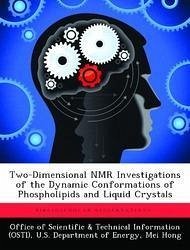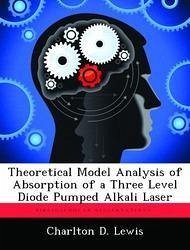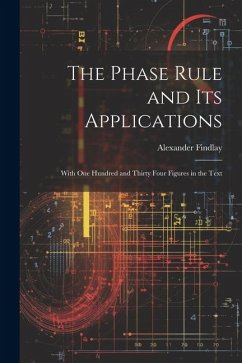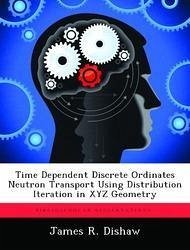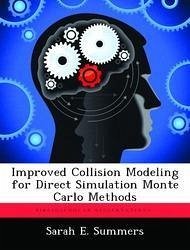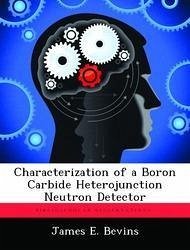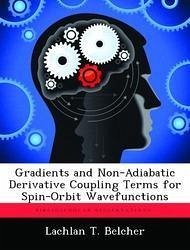
Gradients and Non-Adiabatic Derivative Coupling Terms for Spin-Orbit Wavefunctions
Versandkostenfrei!
Versandfertig in über 4 Wochen
52,99 €
inkl. MwSt.
Weitere Ausgaben:

PAYBACK Punkte
26 °P sammeln!
Analytic gradients of electronic eigenvalues require one calculation per nuclear geometry, compared to 3n calculations for finite difference methods, where n is the number of nuclei. Analytic non-adiabatic derivative coupling terms, which are calculated in a similar fashion, are used to remove non-diagonal contributions to the kinetic energy operator, leading to more accurate nuclear dynamics calculations than those that employ the Born-Oppenheimer approximation and assume off-diagonal contributions are zero. The current methods and underpinnings for calculating both of these quantities for MR...
Analytic gradients of electronic eigenvalues require one calculation per nuclear geometry, compared to 3n calculations for finite difference methods, where n is the number of nuclei. Analytic non-adiabatic derivative coupling terms, which are calculated in a similar fashion, are used to remove non-diagonal contributions to the kinetic energy operator, leading to more accurate nuclear dynamics calculations than those that employ the Born-Oppenheimer approximation and assume off-diagonal contributions are zero. The current methods and underpinnings for calculating both of these quantities for MRCI-SD wavefunctions in COLUMBUS are reviewed. Before this work, these methods were not available for wavefunctions of a relativistic MRCI-SD Hamiltonian. A formalism for calculating the density matrices, analytic gradients, and analytic derivative coupling terms for those wavefunctions is presented. The results of a sample calculation using a Stuttgart basis for K He are presented.



